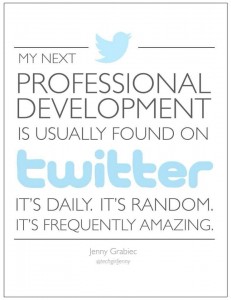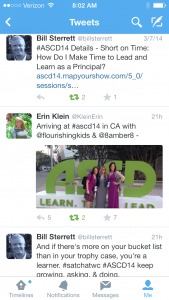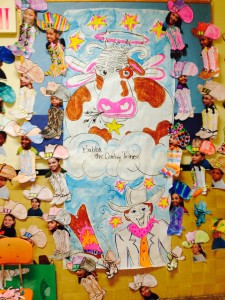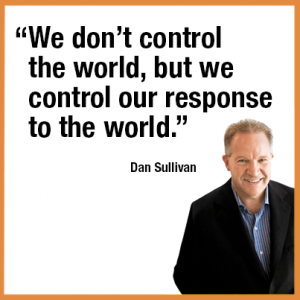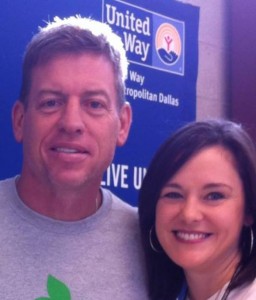
source: www.oucs.ox.ac.uk
After about 15 years in education, I have narrowed the people you meet down to 5 “types.” My experiences range from elementary to higher education. No matter the venue, I have continued to meet the same types of people. Please note that this list is not scientific or based on anyone at my current employment.
1. The”Innovators” – These education innovators are always on the cutting edge. They embrace change and work tirelessly to push the envelope. The innovators often do not stay in the same position for long, usually because opportunities are constantly being presented to them. Learn from them quickly because they might not be around (others on this list love when the innovators move on).
2. The “No one listens to me” – These educators are always so close, but no one ever seems to listen. When they interview for positions, they come in second or third. They may feel their ideas are never validated. They get frustrated often, and usually have problems with following through. Usually really good at what they do, the more they feel overlooked, the more disenchanted they become. Sometimes a change of venue, or new leadership can help.
3. The “I’m here for the long haul” – These educators, usually due to their experience, have literally seen it all. In fact, they have seen their share of “innovators” and “passed over” educators. The majority of these educators are very solid in their approach, have a mature view on educating students. They mentor, assist, and ensure they do their part but they don’t need the credit. When asked what they want to do, most will say “I just want to teach” or “I just want to be an administrator.”
4. The “Life Long Learners” – They enter masters programs to … learn. They challenge their mental models of what education is (and isn’t). They love attending workshops, conferences, and professional learning communities. These educators are always there to help, and hope to learn along the way. They love working with innovators, and the “long run” people and can get along with parents, other educators and most of all, students.
5. The “Know it alls” -They know everything, have tried everything, and will let you know. These educators have problems sharing. They have problems sharing the materials, the limelight, information, or anything else they “have.” They probably see the “I”in team. They generally make no apologies for their behavior because they either know it all, have it all, or want it all. If they seek advancement into administration, usually everyone says, “Good luck to those they will supervise.”
Want to add anything to the list? Send a comment
